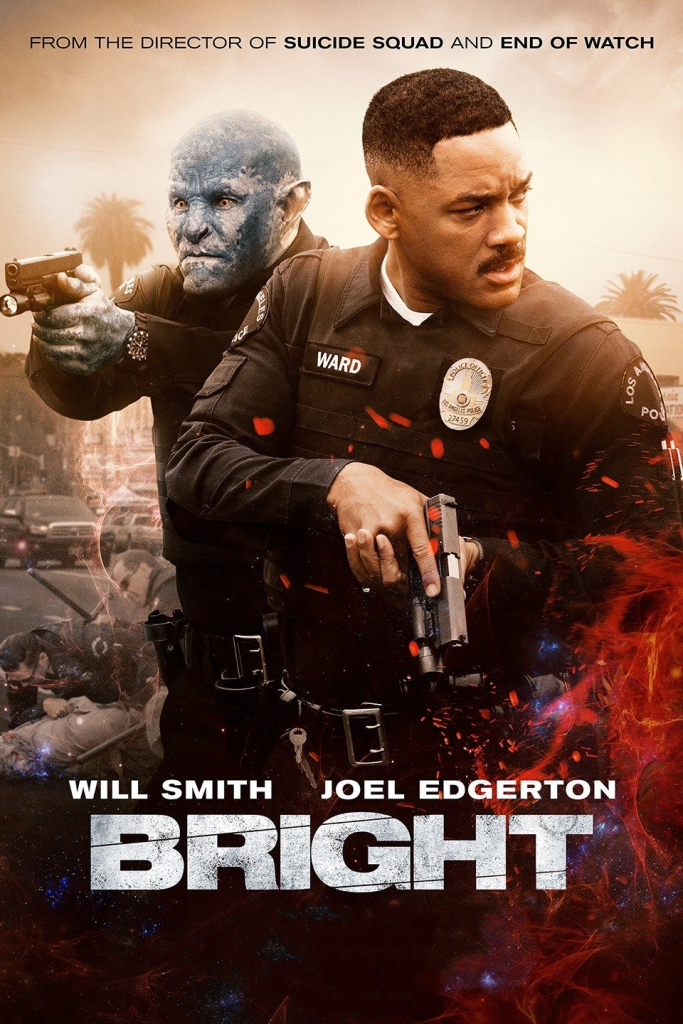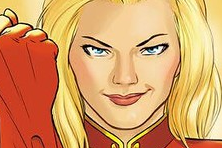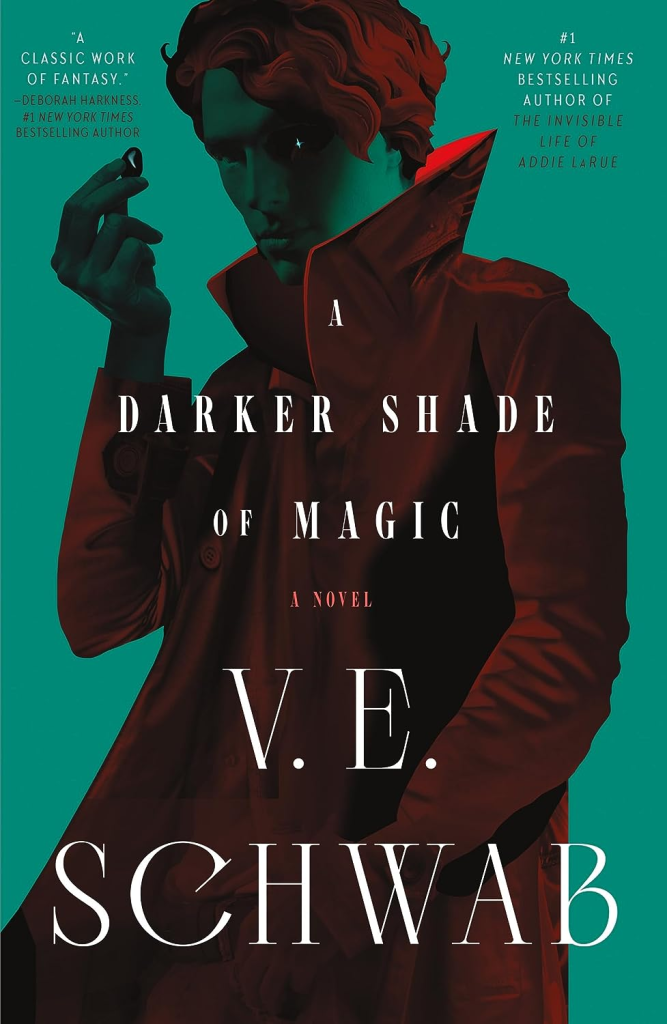How To Develop Strong Fantasy Characters
Isabelle Ray
Welcome to the world of fantasy realms, writers! This is a place open to lands covered in gumdrops and skittles as well as lands littered with skulls and lava. Imagination is your only limit when creating your unique fantasy world. Unfortunately, even if the worldbuilding for your world stands on a firm foundation, the existence of substandard characters can easily ruin the entire story. While the guidelines for developing characters in various genres are the same, fantasy characters have some differences we will discuss.
1. Define Their Role
A reader will not believe in a character if they are not believable. One of the easiest ways to ensure a character is realistic in a fantasy world is defining the role that the character plays in this world. Is the main character from the planet Earth and accidentally tripped into an alternate universe? Is the main character an outsider from their orcish tribe and searching to find their place in society? Instead of beginning to write the story with half a character in mind, the author should plan out the character’s background and how it interacts with the story at hand.
2. Create the Image

Once the role has been decided, it is now time to create their image. You choose for them to be the hero, so what does a lonely orc hero look like? While a fantasy world allows an author to develop their own races and rules for magic, everything needs to make sense in this world. Outline for your readers what your character’s race and culture looks like, through smaller things such as clothing, food, and language. In the movie Bright (2017), the main characters, a human and an orc, interact as fellow police officers. Due to the presence of an all too familiar form of racism, they do not get along. It isn’t until they start to see each other’s cultures that they realize they are not that different. Allow your reader to visualize the fantastical creature you are creating and connect with them on a deeper level.
3. Limit Their Capabilities

Now you’re starting to flesh out your character! Although the reader may not be a vampire fairy, they can relate with your character due to some shared cultural customs. Often times, characters in fantasy realms have special abilities and powers. These can be powerful tools to progress the story along and enable a character to rectify wrongs. However, too often are characters overpowered. One of the biggest complaints I hear about Captain Marvel is that she has too much power. It is difficult for readers to visualize themselves as her when she has seemingly no flaws. When you consider what abilities to grant your character, ensure that you input some weaknesses, both silly and serious ones.
4. Remember the Details
Finally, as you begin to finish outlining your character for your fantasy novel, I encourage you to not forget the importance of small details. If your main character is from Earth and accidentally passes through a portal into a fantasy land, it may seem strange that the character has a name that fits perfectly in this world. Instead, give them a normal name that will emphasize the strangeness when other characters don’t know how to pronounce their name.

Another detail is if foreign languages are present. Many beginner writers forget to discuss and interact with these languages. I think a good example is V. E. Scwhab’s four Londons in her trilogy A Darker Shade of Magic. Each London communicates with a different language, and the two main characters Lila and Kell are only able to communicate because of Kell’s knowledge of these languages. However, when Lila interacts with people from other Londons, she finds herself having to decipher these foreign languages. While it may be easier for her to understand others due to magic or some other excuse, her struggle is believable and relatable to those who have traveled outside of their country.
Conclusion
Creating characters within fantasy worlds is a super exciting task, because there are not nearly as many limitations as human characters on Earth. Just because a character is fantastical does not mean they cannot be realistic. Although these four tips are only the tip of the iceberg, they will hopefully guide you to developing stronger characters for your fantasy stories. Good luck, writers, and don’t look back!
1 Comment
Love all of this!